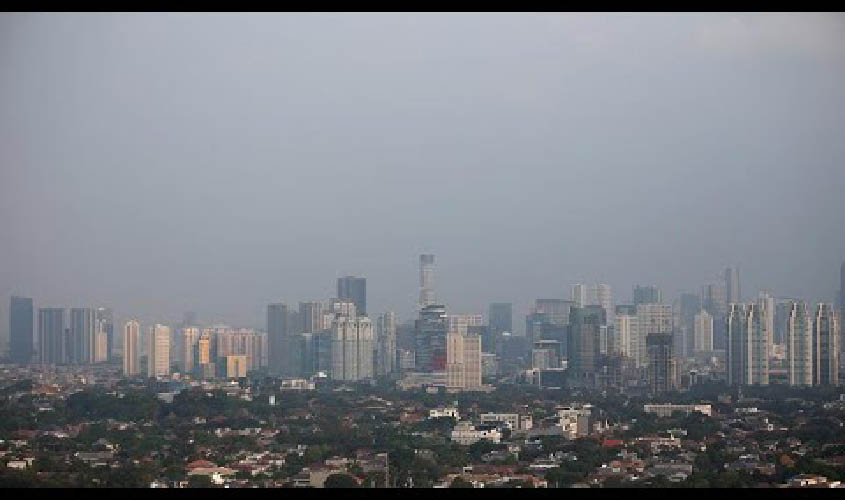NEW DELHI: Concerted efforts are needed by all the state governments in the Delhi NCR region to tackle the source of air pollution, environmentalists and experts have said.
According to environmentalist Vimlendu Jha, it is a collective failure of all the state governments in the Delhi NCR region that has led to this situation where year after year, people in the Delhi NCR region are forced to breathe poisonous air during this time.
Speaking to The Sunday Guardian, Jha said, “Delhi has to be treated as an NCR region, because the pollution that happens in Gurgaon or Noida also affects the air quality in Delhi. Open garbage burning, mismanagement of construction dust, polluting industries are very much functional in the NCR region and the NCR Planning Board hardly meets. The state governments of Haryana, Punjab, Uttar Pradesh and Delhi need to meet and discuss how to curb air pollution.”
“There are several brick kilns functioning in the NCR region; there are polluting industries there, and no proper public transport system in the NCR region. In controlling the stubble burning, the Punjab government very conveniently says that they do not have money to buy Happy Seeder machines which can cut stubble instead of the farmers burning them. The Delhi government has sanctioned the felling of 35,000 trees in the last five years. The Haryana government says that there is no stubble burning in their state. So, if there is no concerted effort, we will not be able to tackle this pollution,” Jha said.
Delhi has experienced the worst air pollution situations this year since 2016 and the Air Quality Index had reached over 1000 on a few days, whereas the prescribed norms by international standards for safe air quality is just 0-50.
Experts and environmentalists also say that around 65% of pollutants are locally generated, while just 30% are from stubble burning. Among the local pollutants that cause severe air pollution are vehicular pollution, dust from construction sites, road dust, garbage burning and local industries.
The Supreme Court monitored EPCA [Environment Pollution (Prevention and Control) Authority] has also laid down some emergency procedures to tackle air pollution when the pollution levels in Delhi reaches the severe category. And among some measures include the Odd-Even road rationing scheme, ban on construction, garbage burning, shutting down of schools etc.
However, Vimlendu Jha says that both the actions taken by the Delhi government as well as by the EPCA in the form of GARP (Graded Action Response Plan) is a reaction to tackle the air pollution once the air is polluted in Delhi. The source of the pollution needs to be arrested to stop Delhi from being polluted every year.
Anumita Roychowdhury, programme director on air pollution at the Centre for Science and Environment (CSE), is also of the opinion that the plans to tackle air pollution are all in place, but an effective implementation of the plans, compliance and deterrence by all the state governments can only solve the problem of air pollution.
For example, the Delhi government that was to impound around 40 lakh old vehicles plying on Delhi roads has managed to only impound 3,000 of them. The Delhi government has also been on the backfoot for not being able to acquire the adequate number of buses in the capital to improve the public transport system. Delhi currently has a shortfall of 6,000 buses and only in the last few months, the state government has inducted some 150 buses into its fleet.
The Delhi government has also received flak from several sections of environmentalists for not utilising the Green Tax that it had been collected from polluting trucks. Among the Rs 1174.67 crore collected, the Delhi government had utilised only Rs 272 crore.
“Where the Delhi government is currently falling short is effective implementation of the various policies laid down to tackle air pollution. All the stakeholders in the NCR region need to take action to tackle small-scale polluting units that are still functional in un-regularised colonies, smoke from landfills, lack of proper waste management systems, and implement dust control measures and effective public transport system, etc,” Roychowdhury said.

